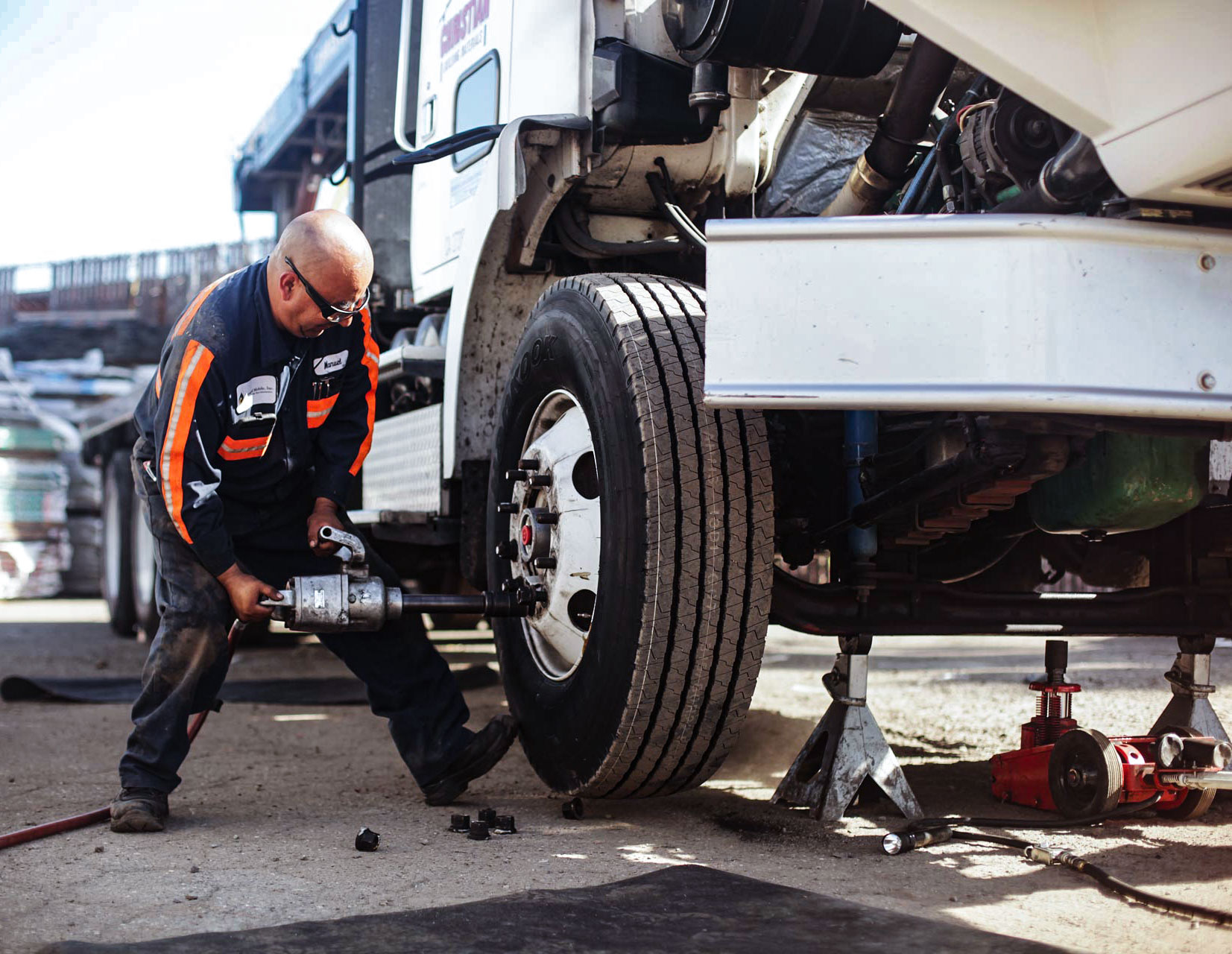Morris Tire: Your Trusted Neighborhood Tire Experts
Morris Tire: Your Trusted Neighborhood Tire Experts
Blog Article
The Link Between Tire Solution and Fuel Performance
Efficiency in gas intake is a paramount problem for automobile owners seeking to maximize their driving experience. Among the different variables that affect gas performance, tire service attracts attention as a crucial component that commonly goes ignored. The complex connection between tire maintenance and fuel economic climate is a testimony to the detailed functions of a lorry. By recognizing exactly how tire treatment straight affects the effectiveness of your automobile, you can unlock a world of possibilities that not only boost performance but also contribute to cost savings in the lengthy run.
Importance of Appropriate Tire Rising Cost Of Living
Proper tire rising cost of living is an essential variable in taking full advantage of fuel efficiency and making certain ideal automobile efficiency. On the other hand, overinflated tires can lead to a harsher trip, unequal tire wear, and decreased traction - morris tire service.
Maintaining the correct tire pressure not just boosts gas performance but likewise improves driving security. Regularly inspecting and readjusting tire stress, specifically before long trips, is a straightforward yet reliable means to enhance your vehicle's fuel economic climate and make sure a smooth driving experience.
Influence of Tire Tread Depth
Keeping the suggested tire stress is important for ideal vehicle performance and gas performance; likewise, the tread deepness of your tires plays a vital function in ensuring safety and security and traction on the road. Tire step depth straight affects the ability of your tires to hold the road surface, especially in wet or slippery conditions. As tires wear down, their step depth reductions, influencing their capability to network water away and keep proper contact with the road. The recommended minimum walk deepness is commonly 2/32 of an inch, but also for enhanced safety and security and performance, many professionals recommend changing tires prior to they reach this factor. Appropriate tread depth not only ensures better handling and stopping yet additionally adds to sustain performance by decreasing moving resistance. Consistently checking your tire walk deepness and changing tires when necessary is a straightforward yet efficient means to promote both safety and security and fuel efficiency when driving.
Duty of Wheel Placement in Efficiency
Making sure precise wheel placement is essential for maximizing vehicle effectiveness and taking full advantage of gas economy. Proper wheel positioning entails changing the angles of the wheels to maker specs, ensuring that they are identical to each various other and perpendicular to the ground. When wheels are misaligned, it can cause uneven tire wear, raised rolling resistance, and reduced fuel efficiency.

Additionally, precise wheel placement can also improve dealing with and stability, reducing the amount of power needed to maneuver the car (morris tire). By reducing unnecessary rubbing and drag, proper wheel positioning plays a crucial role in improving general automobile performance and gas economic climate. Normal wheel positioning checks and changes are vital for keeping optimal efficiency and optimizing gas financial savings
Link Between Tire Upkeep and MPG
An important aspect of optimizing gas performance in automobiles is the upkeep of tires and their straight impact on miles per gallon (MPG) Correct tire maintenance plays an important function in taking full advantage of gas economic situation. One crucial factor impacting MPG is tire stress. Underinflated tires boost rolling resistance, creating the engine to work tougher and burn more gas. On the other hand, overinflated tires decrease the call spot with the road, resulting in uneven wear and lowered gas efficiency. Frequently examining and preserving the correct tire pressure can significantly improve MPG.
Additionally, tire tread depth also affects gas efficiency. By guaranteeing tires have adequate tread depth, drivers can enhance both safety and gas economy.
Fundamentally, correct tire upkeep, consisting of surveillance tire stress and step deepness, is directly connected to accomplishing ideal MPG. By including routine tire evaluations and maintenance into a car care regimen, chauffeurs can not just extend check my blog tire life but also boost gas effectiveness, inevitably saving money and reducing ecological effect.
Tips for Fuel-Efficient Tire Treatment
Offered the critical relationship between tire maintenance and gas performance, implementing effective methods for optimizing tire treatment is essential to improving overall automobile efficiency. To make certain go right here fuel-efficient tire treatment, routine tire pressure checks are essential. Appropriately filled with air tires decrease rolling resistance, improving fuel effectiveness and extending tire life-span. Additionally, maintaining correct wheel positioning and harmonizing have a peek at this site aids distribute weight uniformly, stopping irregular tire wear and maximizing gas intake. Turning tires at suggested periods promotes even walk wear, improving gas effectiveness by making certain all tires add similarly to automobile efficiency. It is additionally essential to check tires for indications of damage, such as cuts, leaks, or bulges, as these concerns can affect fuel efficiency and overall security. Last but not least, choosing tires with low rolling resistance can substantially improve fuel economic climate. By including these fuel-efficient tire care suggestions into a regular upkeep schedule, drivers can make the most of gas efficiency, minimize running costs, and extend the life of their tires.
Conclusion
By frequently maintaining tires and adhering to fuel-efficient tire treatment suggestions, motorists can optimize their car's performance and decrease fuel intake. It is important to focus on tire upkeep to not only conserve money on gas expenses but additionally to promote overall automobile performance.
Report this page